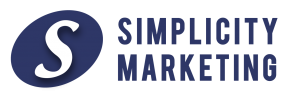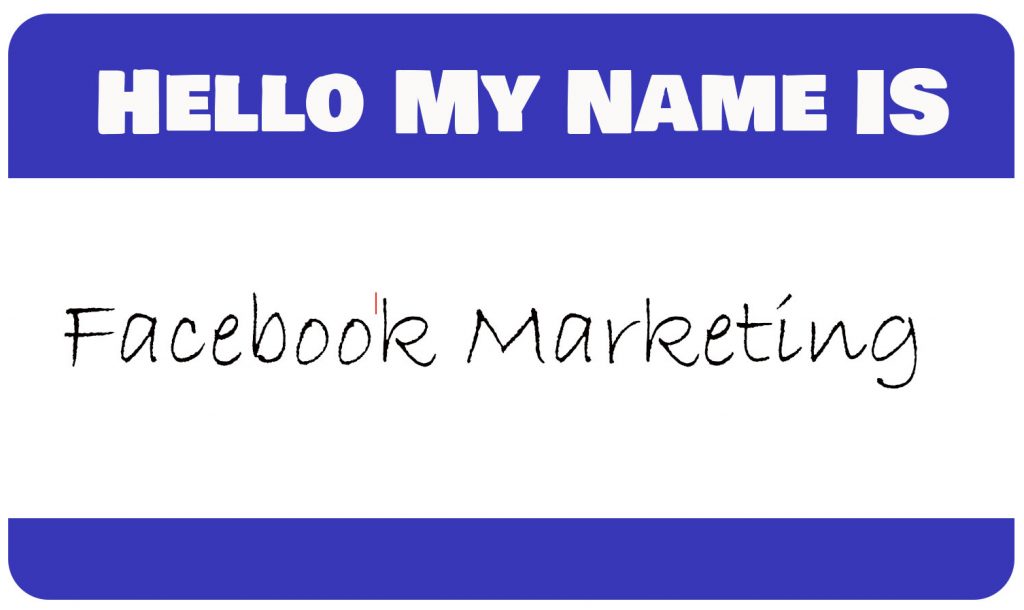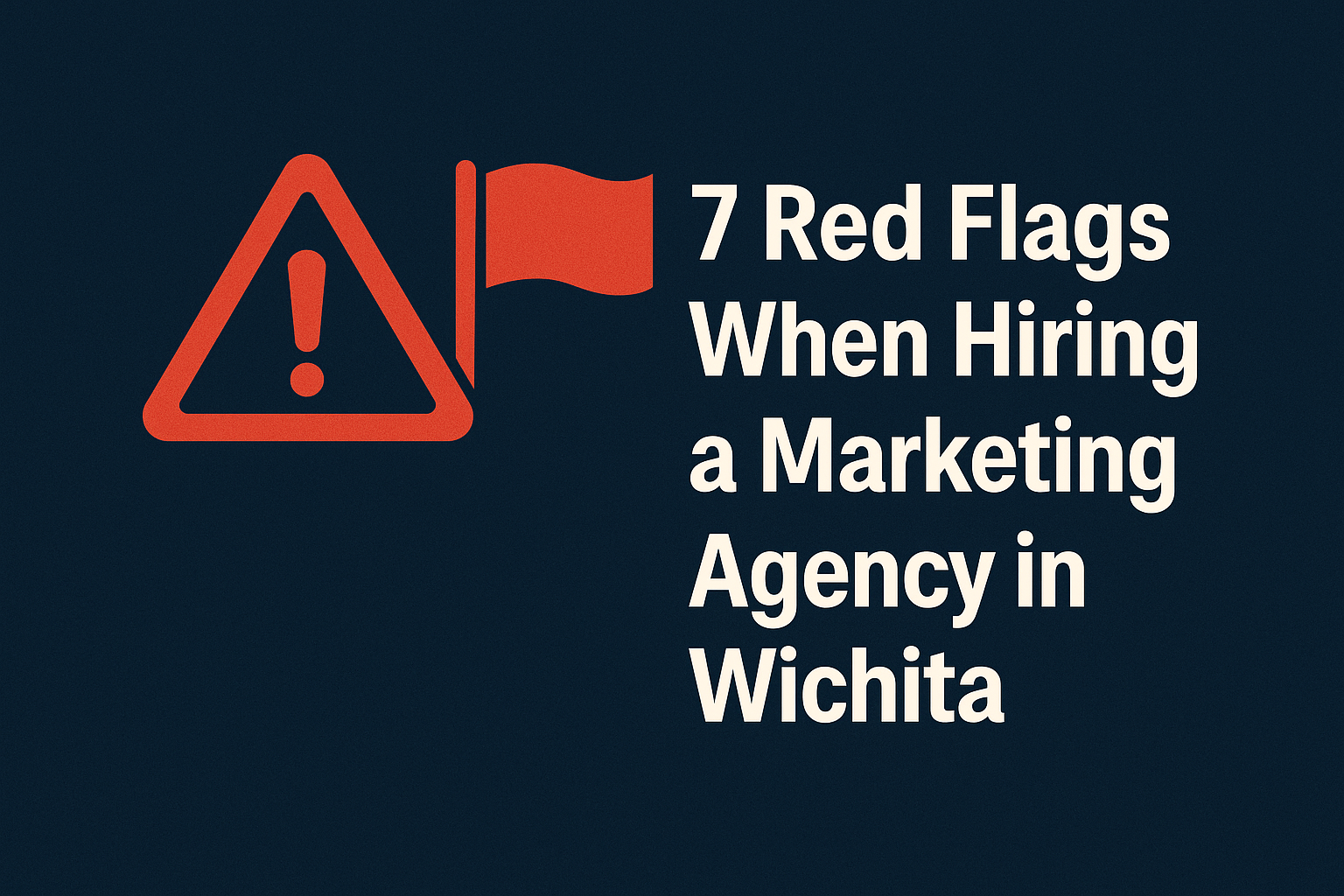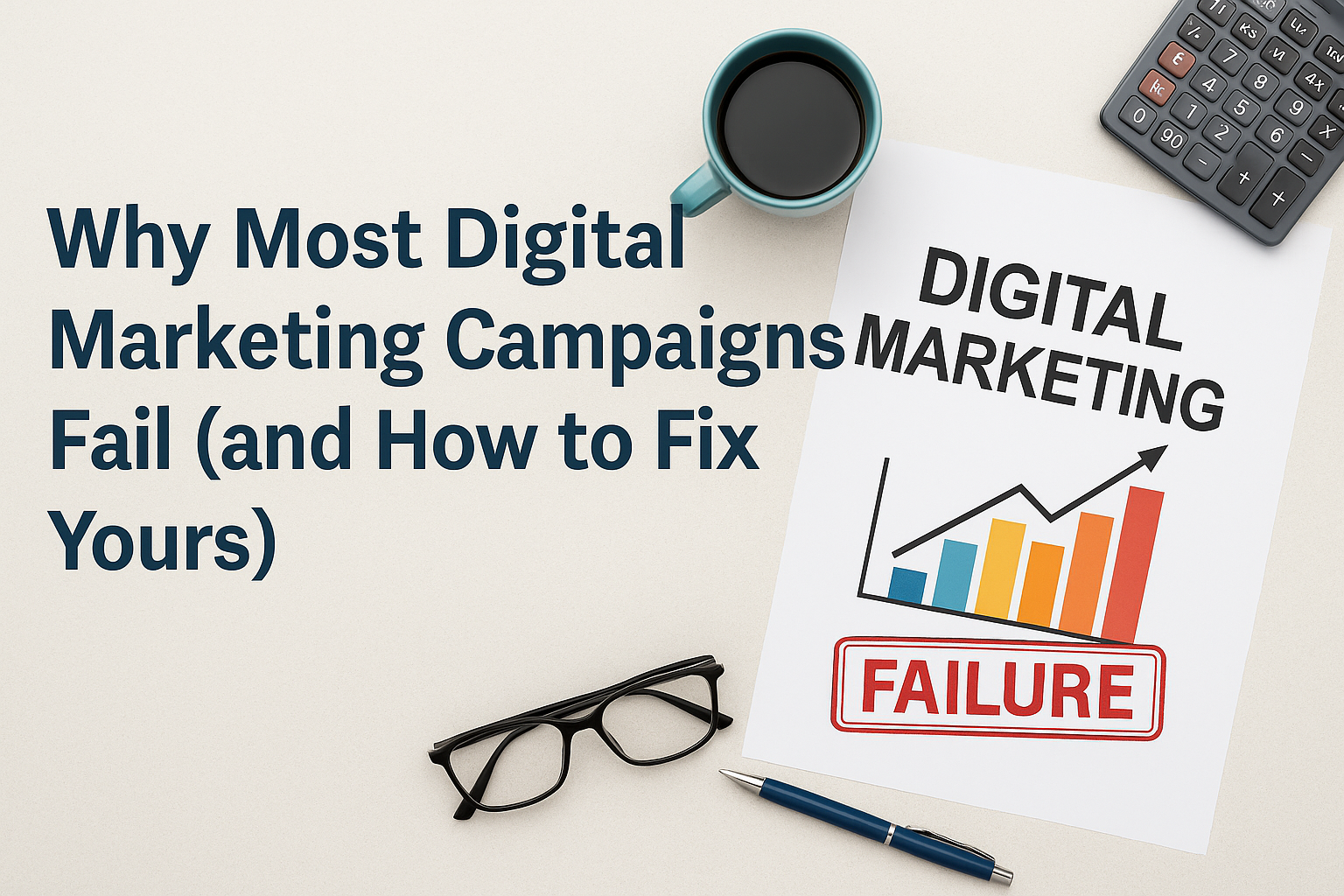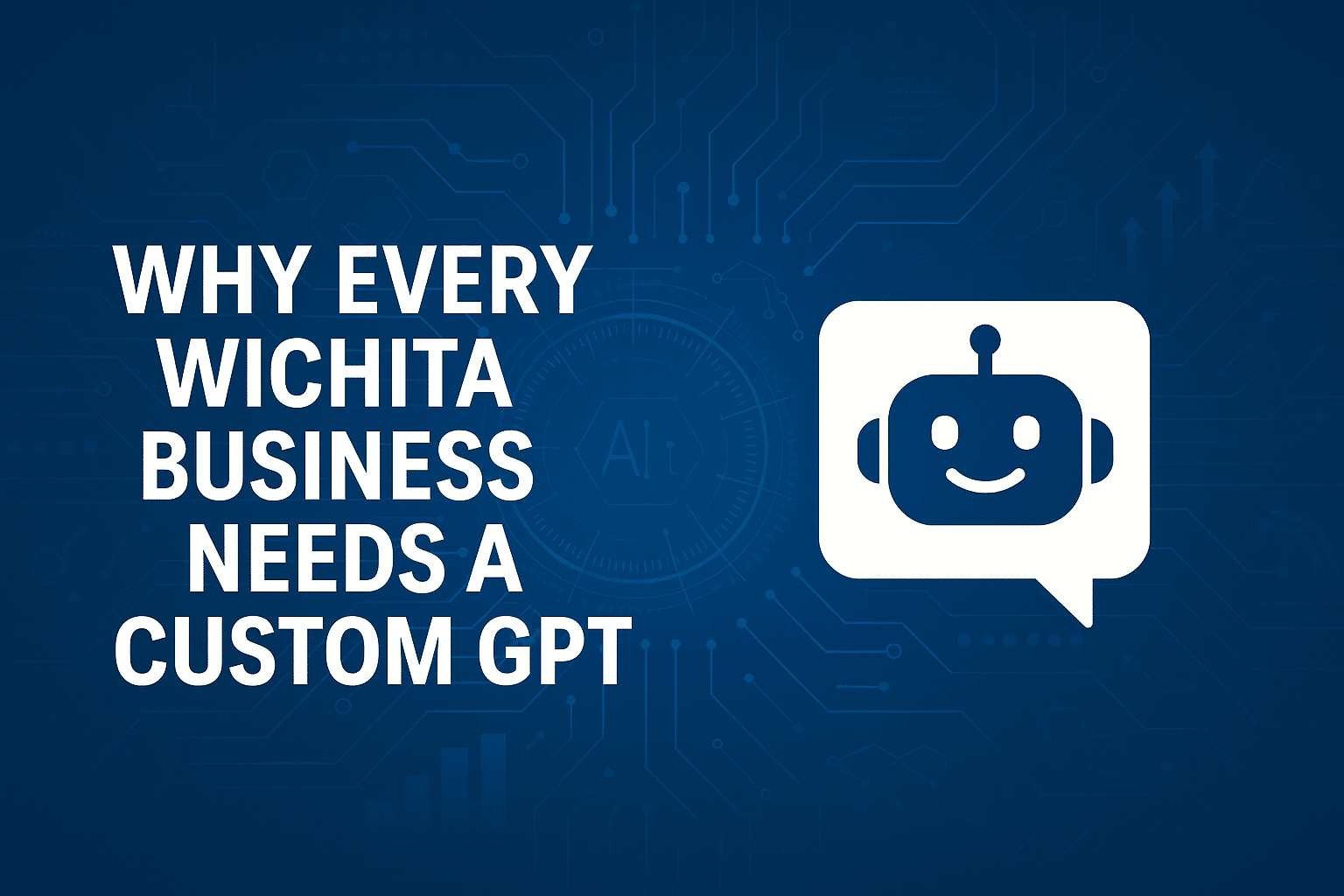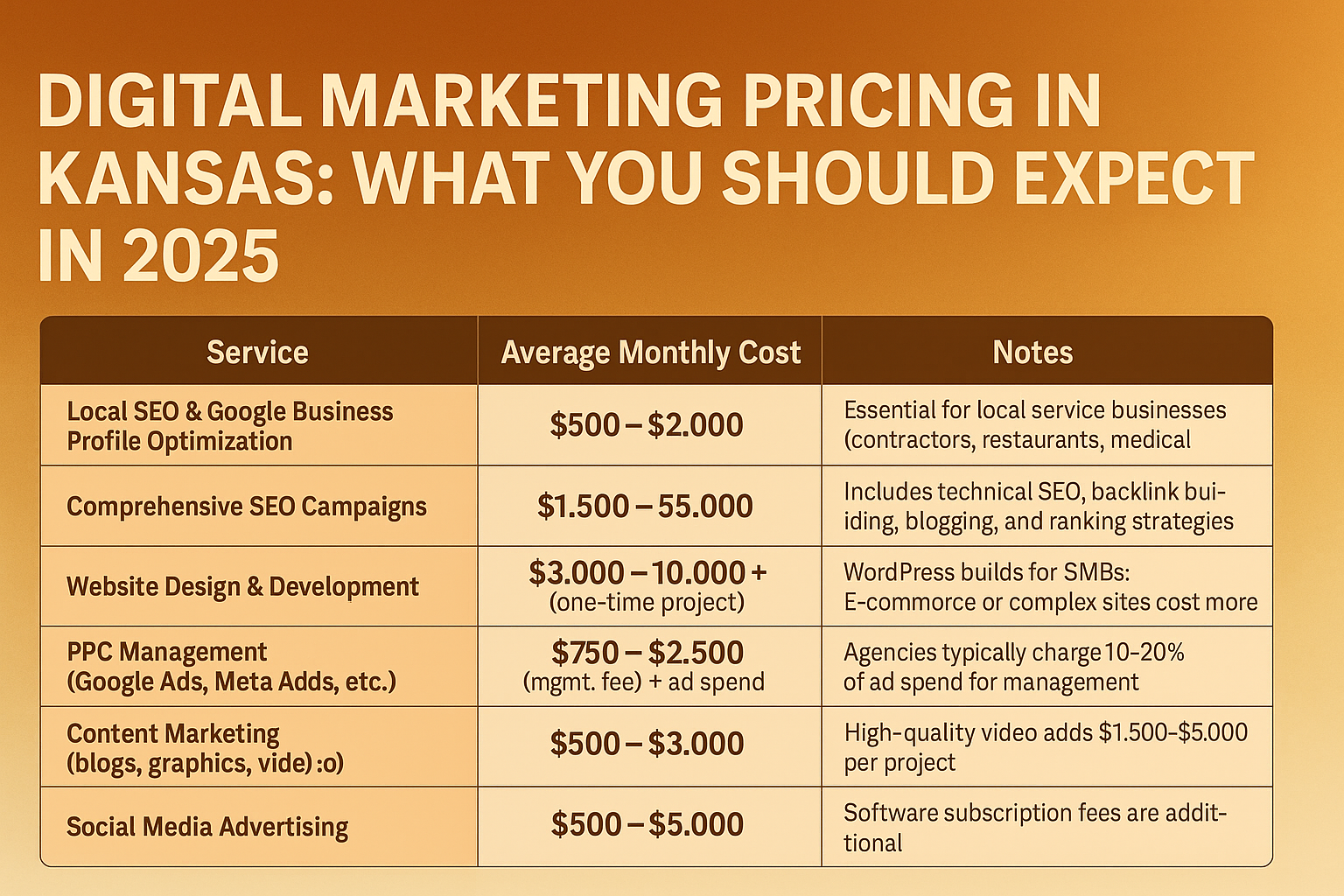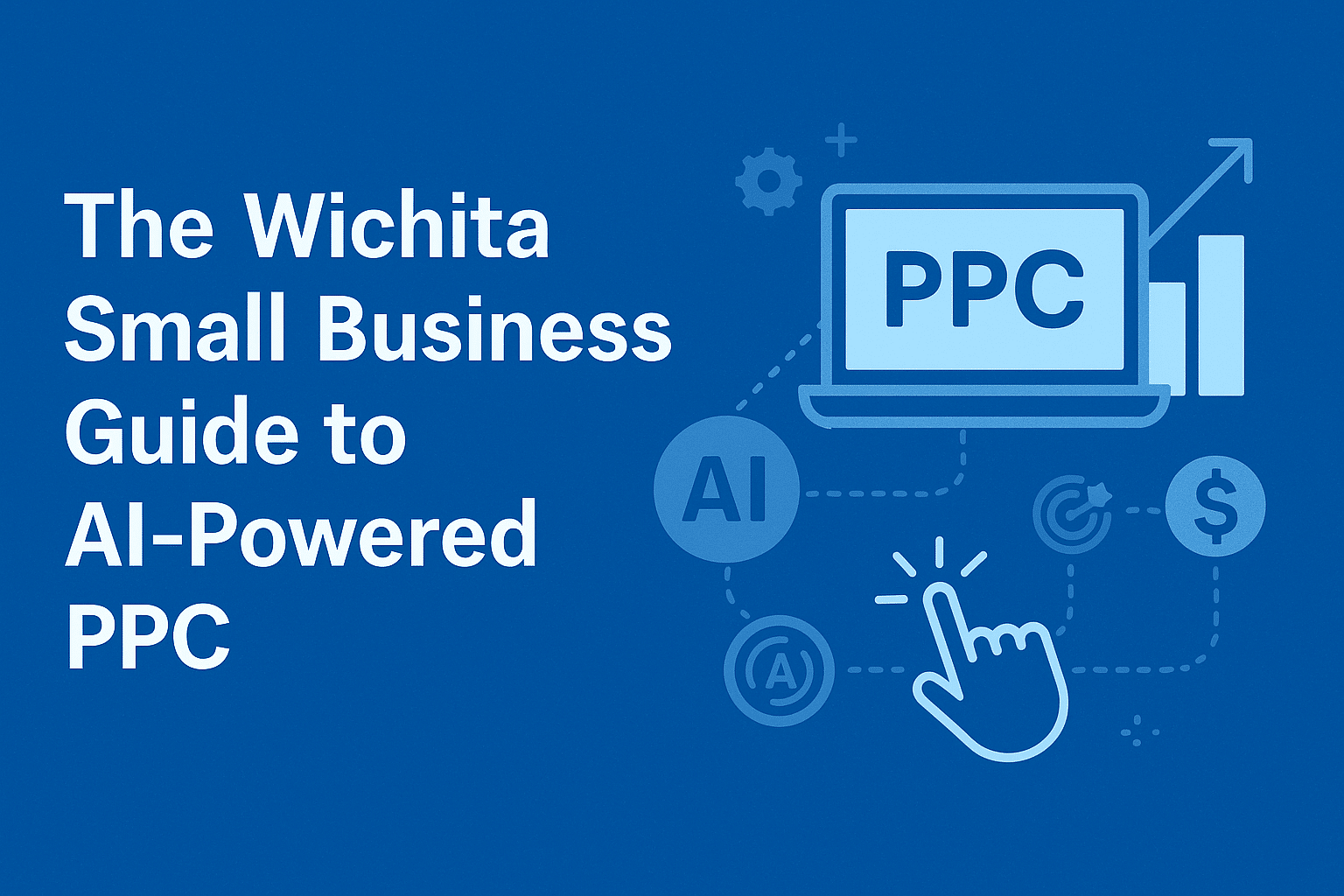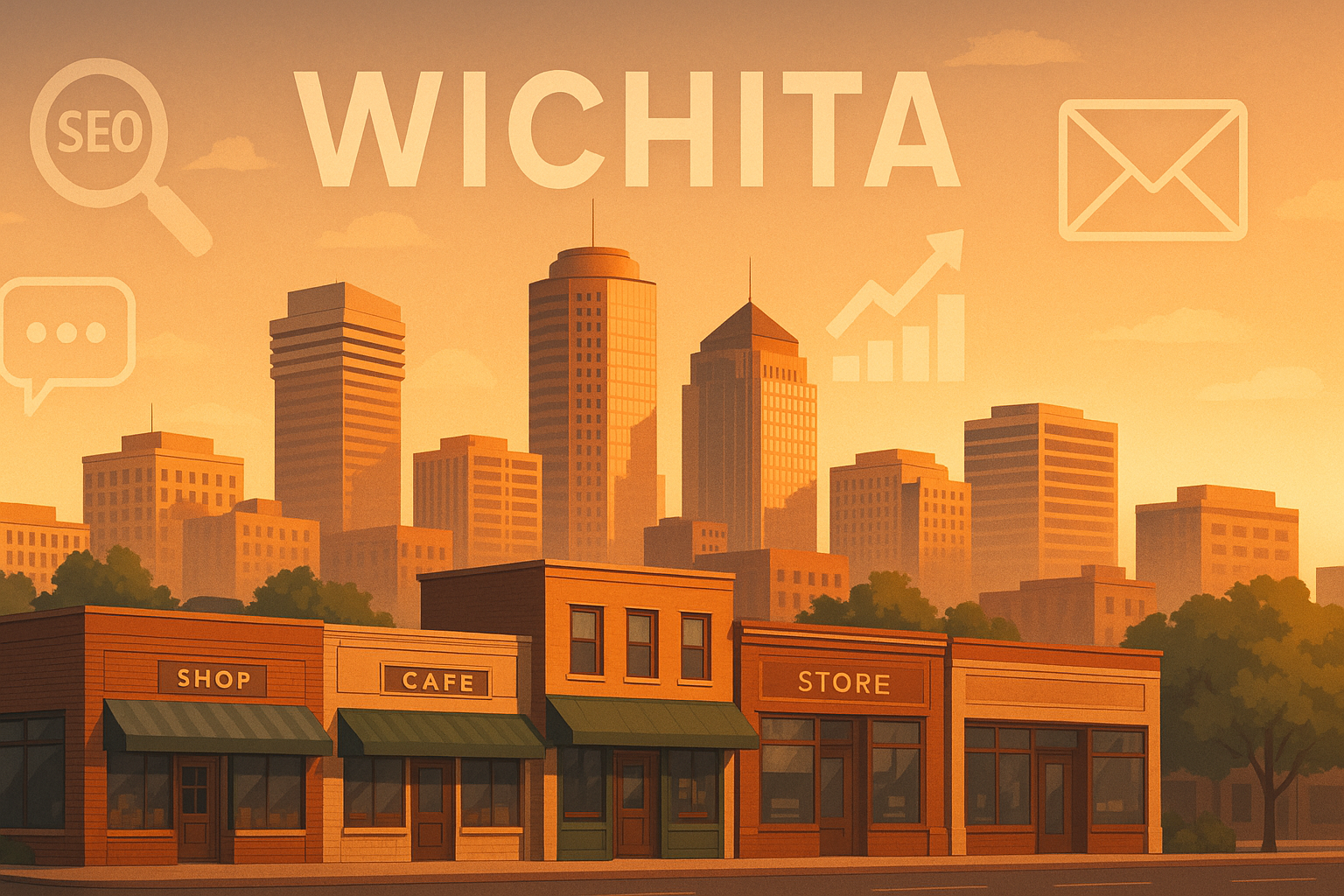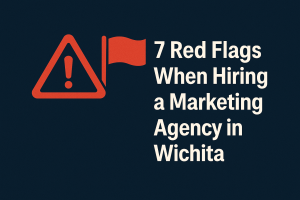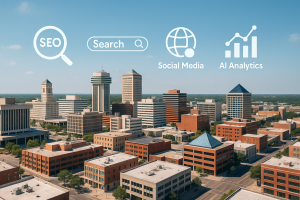Facebook is the largest social media platform. With over 2.7 Billion users, if you are not using Facebook, then you are missing out. Social Media grows increasingly pertinent in the operation and marketing of any business. If your business isn’t already using Facebook or is struggling to find results through the site, then you may be in need of training. It is important to understand that the tactics used to market through Search Engines and your own personal website don’t line up with the tactics used to successfully market on Facebook. Below you’ll find everything you need to know to your business up and running on the world’s largest social media platform.
Personality
When creating a Facebook page for your business, it is important to remember that Facebook is first and foremost a social media website. This may seem like a restatement of the obvious, but many victims become ignorant to this and their Facebook page suffers from it.
Facebook is not your business’ personal website, though it does share many of the same roles as an independent website. While it is possible to use only a Facebook page for your business, and not a website, this is not recommended. A business’ Facebook page is for growing the pool of potential customers and narrowing them down to your target market, which can then be funneled to your website or the appropriate channels.
Since Facebook is a social media site, it is important that your business’ Facebook page has some semblance of personality. Be it professional, comical, or informative, your business’ Facebook page needs to express a common theme. This expressed theme should be remnant of what your business does or is. However, there is some flexibility on this, as you want to use your Facebook page in order to shape how outsiders view your business. The important thing to remember here is that your business has an easily identifiable personality, and purpose. Pages that are scattered or bland are off-putting to most customers, make sure that yours is focused in order to retain the most visitors.
Consistency
Part of creating a personality for your Facebook page is ensuring that your page’s personality is consistent. Consistency comes across in two primary ways: first, make sure that your content all (loosely) follows your desired common perception. For example, if you wish your business Facebook page to appear highly professional and to target a professional audience, then it probably isn’t best to post memes on it every week. However, if you are targeted a more general audience, memes and humor can be used as a great asset when trying to appeal to unreached markets.
Consistency also comes in the form of frequency and repetition. If your page isn’t posting relevant content on at least a weekly basis, then it is practically dead. Realistically, your business should be posting relevant content on a daily basis, if not with greater frequency. It is important not to overload your audience with too much content, but consistent posts once, or even twice a day helps to keep your page alive. When potential customers are led to your page and are met with content that is new and fresh, they are much likelier to be consistent with your page as it is consistent to what they are looking for.
When your audience regularly sees your business’ name on their feed, they are regularly thinking about your business. This doesn’t guarantee sales, but it does guarantee that they will think of you whenever something relevant to that Facebook connection pops up.
Content Diversity
In addition to keeping consistent with your Facebook content posts and uploads, it is important to diversify what you are posting or posting about. When your page posts the same style or type of content every day, it quickly becomes monotonous. Users are not looking to be bombarded with the same thing on their feed each time they log in. The Human brain is trained to begin filtering out the overly familiar, and if your business’ page posts the same content day in and day out, it will be quickly dismissed by those who have seen it before.
When planning out what content to post to your website, come up with a variety of ideas. Content Diversity doesn’t mean that none of these ideas can repeat on your feed, but it does mean that there needs to be a good window between one type of post and another like it. This is also a healthy way to balance your Facebook page’s personality.
If your Facebook page is designed to be a primarily professional page, a little bit of humorous content every know and then can help your business’ page to stand out. This also helps users currently following your page to be exposed to something outside of the usual and to re-engage with your page.
Diversity does not mean inconsistency, remember that your page always represents your business and that your business brand needs to remain in tact regardless of what you post. However, content diversity is a great way to express to your audience that your business isn’t just one track minded, and that it can relate to current and potential future clients.
Relationships
As stated above, remember that Facebook is first and foremost a Social Media Website. Facebook is not the place for your company to commit to the hard sell. Facebook is not the place to list all of your products, services, and prices. Facebook is a place for building and maintaining relationships.
In this sense, your Business’ Facebook page is no different than your personal Facebook page. It is crucial that social media relationships are defined by two things; what you are presenting to those who view your profile, and how you interact with people on the platform. The presentation of content having been covered above, it is important to carve out part of this article to reinforce the idea of Facebook as a relationship building tool.
Engage with users that visit your Facebook page. If someone asks a question, whether it be on a post or in a private message, answer them as quickly as possible. Not only does this increase the reliability and care of your business in the mind of the customer, but Facebook also tracks metrics such as response time and makes that data available to users visiting your page.
Remember also to let your page’s personality minge with users on your page. If your page is humourous, then it should be fun and light-hearted in its engagement. If your page is strict and formal, then it should remain so in its engagement.
User relationships are built from the consistency, relevancy, and diversity of your page. Engage with your audience through these means and directly through their own interactions in order to create and reinforce a positive relationship between your Facebook page and its visitors.
Tools at Your Disposal
Fortunately for both you and your business, Facebook has a well-refined set of tools available for your use. These tools may seem complex at first, but once mastered, the tools made available by Facebook are inexhaustibly beneficial resources to have at your disposal. The two tools primarily discussed and explained here are analytics and advertising.
Analytics
Facebook analytics provides a real-time, accurate representation of how your page and posts are performing on Facebook. When launching new campaigns or experimenting with diversifying your posted content, Facebook analytics is the first source you should turn to for meaningful evaluation. Facebook analytics is the most reliable source for understanding how audiences are interacting with your page. On top of what you can see such as comments, likes, and shares, Facebook Analytics provides comprehensive numerical breakdowns of how real users are viewing, interacting with, and leaving your page.
Facebook analytics helps identify and isolate demographics that are and aren’t landing on your Facebook page. When attempting to narrow your market, and to target customers who are most likely to buy into what your business has to offer, analytics is a crucial step to formulating the appropriate marketing strategy. Facebook Analytics also allows you to view and manage existing funnels. How many users on your Facebook page become visitors on your website? How many users become sales? Analytics is the fastest and most reliable way to discover this information.
When using Facebook Analytics, it is important to put the information gathered to good use. On its own, Facebook Analytics is almost worthless. However, when the information gathered is focused on Facebook’s other major business tool, it can become something beyond value.
Advertising
The best way to get your Facebook page or event in front of new, unreached audiences, is to create an ad campaign. Thankfully, Facebook has all businesses and pages covered with their unique Advertising tools. Whether you are hoping to draw a crowd to an upcoming event, to launch a new product, or to increase revenues, Facebook’s advertising tools are able to help put your page in front of potential new clients and customers.
Creating an Ad Campaign
The first step in running a successful Facebook Ad Campaign is creating an Ad Campaign. This is done via Facebook’s ad manager, which can often be reached from either your Business Page’s settings or your personal settings window. Once there, Facebook’s Ads Manager provides a comprehensive, step-by-step process for you to create your ad and begin placing it in front of other users.
In fact, Facebook’s process is so meticulous that you can begin to manage ad expectations from the beginning. Facebook’s Ads Manager is designed to allow you to select objectives and build an ad around those selections. So regardless of why you are reaching an ad, Facebook’s Ad Manager can help you create the perfect ad to fit your needs. From there, Facebook allows you to select or narrow your audience. This is where the understanding of Facebook’s Analytics comes in handy.
When you already know what audiences you are targeting best, which you are resonating with the most, and which you fail to resonate with, you already know the specifics of who you should be targeting with your ad campaigns. Once the target demographic parameters are set, you can begin to manage your ad by setting a budget, making stylistic choices, and by placing your order.
Managing an Ad Campaign
Once you have decided who to target, why to target, and the budget and time constraints of your ad campaign, you can begin to manage that ad campaign while it is in process. Similarly, to creating an ad campaign, Facebook provides you with comprehensive tools to take you step-by-step through the ad campaign management process.
Here is where Facebook’s Analytic and Advertising tools come together. Once your ad campaign is set up and begins to run, Facebook provides you with real time analysis of its success and failures. Is your target audience responding to the ad as expected? Are users following through to your business page? Your website? Your sales page? Ads Manager analytics provides this information so that you can refine your existing ad campaigns and achieve the measurable objectives set when establishing said campaign.
It is important to remember that ad campaigns aren’t just something to be set up and left alone. Successful ad campaigns require continued surveillance and refinement. By utilizing the tools made available to you through Facebook’s back end, you are giving near limitless ability to refine your ad campaigns and to maximize their potential.
Recap
Facebook is the world’s leading Social Media service. With over 2.7 Billion users, it represents one of the largest potential markets available for any business, regardless of its size or scale. When using Facebook, it is critical to make sure that your business’ page comes off with some semblance of personality. It is also important to be consistent with the posting and style of new content on your page.
Fortunately, Facebook provides tools to ensure that users are able to maximize the potential of the platform for their business. Whether you are a novice or an expert, Facebook Analytics and Advertising services make it easy for you to take your business to new markets and higher profits.




